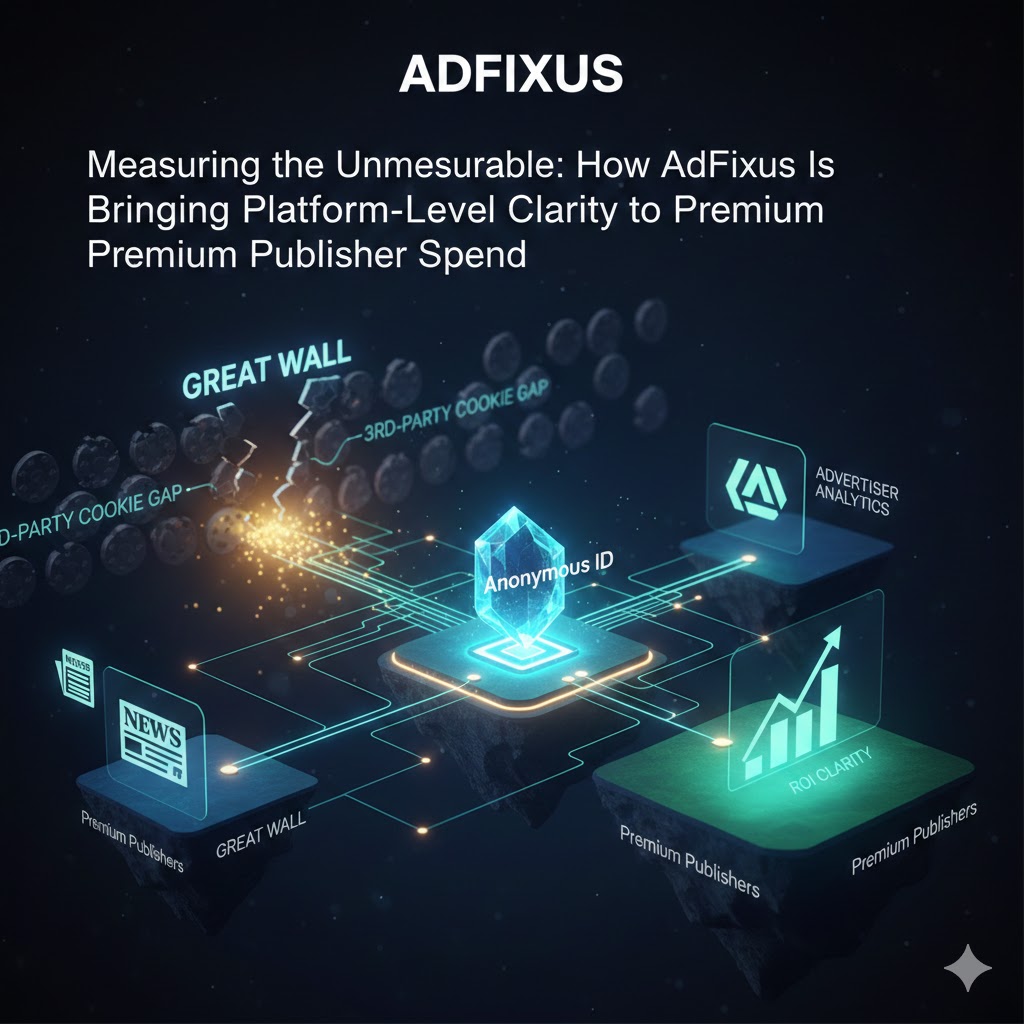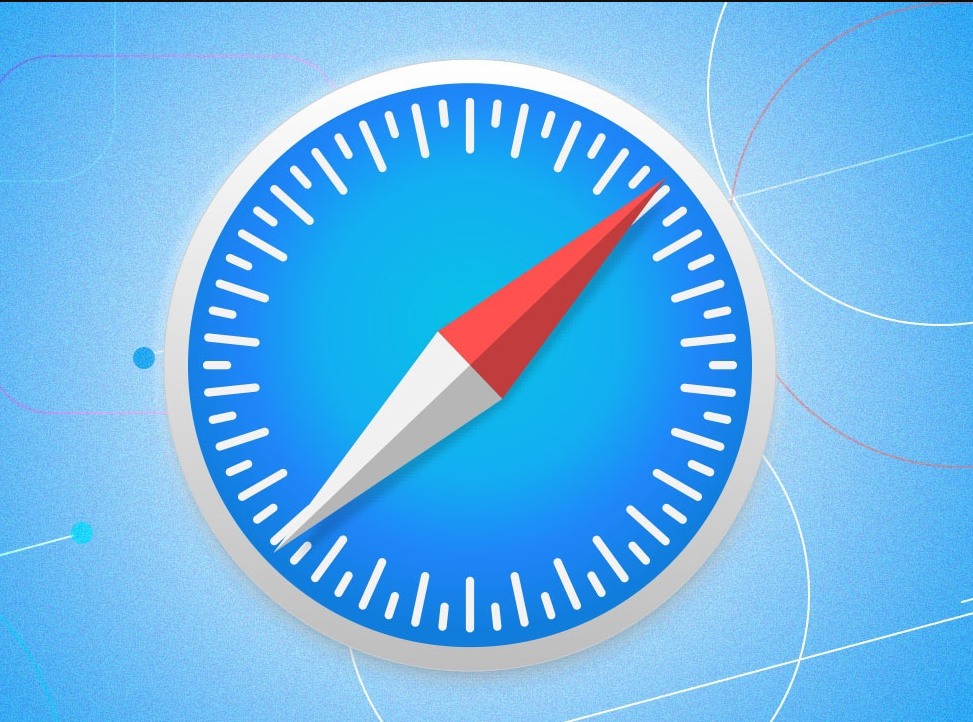Over the next few years, browsers will stop being passive windows to the internet. They’re becoming active participants: intelligent “agents” that interpret, summarize, and protect users as they navigate online. These new browsing models, already visible in early tests from Apple, Google, and independent browser startups, will be able to reason about content and make decisions locally, on-device.
This shift is good for users, but it poses a structural challenge for publishers. As browsers become more protective, fewer external scripts or identifiers will survive. For publishers who rely on audience recognition and analytics, that’s an existential problem.
AdFixus was built for this environment.
Instead of relying on third-party identifiers, AdFixus enables publishers to create first-party, privacy-safe identities that belong to the publisher - not the browser, not AdFixus, and not an external graph.
Here’s how it works:
- When a visitor lands on your site, AdFixus generates a deterministic identifier that’s held entirely within your domain.
- It’s encrypted twice (once globally, once with client-specific keys) and stored locally as a first-party cookie.
- It synchronizes across your owned domains using CDN infrastructure, so you can see a unified view of your audience across news, lifestyle, finance, or other verticals without using any personal data or breaking consent rules.
This means your identity framework operates below the browser level. Even when Safari or Chrome begin filtering all third-party signals, you maintain stable visibility on your audience anonymously and ethically.
For a Publishing CEO, the tangible value is clear:
- Sustainable Addressability
When browsers become autonomous, your revenue shouldn’t depend on their policies. AdFixus ensures you keep a durable, deterministic ID layer across all domains, meaning ad performance, subscription funnels, and measurement remain intact. - Operational Control and Lower Costs
By deduplicating IDs at the CDN level, you can reduce overlapping tools; no data clean-room duplication, no third-party sync layers, no rented identity graphs. That’s lower martech spend and faster site performance. - Commercial Advantage with Advertisers
Advertisers increasingly want privacy-assured, verified impressions. With AdFixus, you can offer that determinism and transparency, giving them confidence to spend directly with you rather than through a walled garden.
Agentic browsers are coming, and they will replace passive web browsing. The only question is whether the open web will have its own durable intelligence, or rely on someone else’s.
AdFixus helps publishers own theirs.













